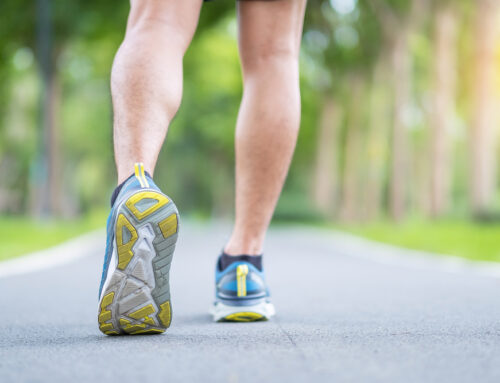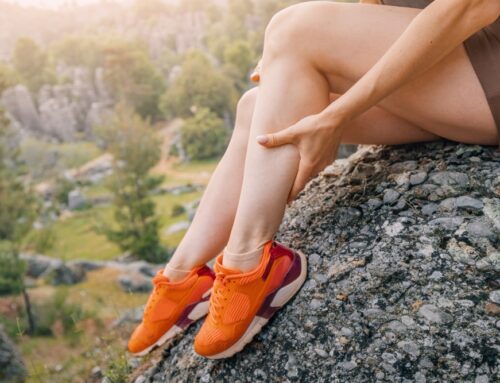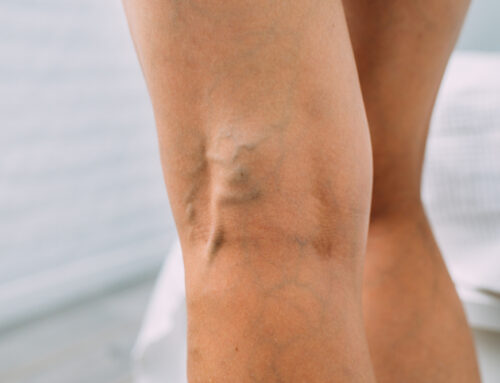Most women are aware of the existence of menopause, but they may not be aware of all of its accompanying symptoms and conditions. For example, did you know that menopause can affect your vein health? If not, continue reading – we’ll talk more about this topic below.
Why Might Menopause Affect Your Veins?
The relationship between menopause and your veins comes down to one thing – hormones. As you reach menopause, your hormones go through a variety of changes. Specifically, the body begins to produce less of the hormones estrogen and progesterone. This means that any bodily functions that use these two hormones could be affected. Unfortunately, this includes veins.
Menopause And Varicose Veins
Here are some of the possible reasons why your veins might change as you get older and encounter menopause.
Hormonal Changes
A reduction in estrogen and progesterone levels is likely to cause thickening and/or stiffening of some of your vein walls. As a result, your veins will have a harder time circulating blood correctly.
Weight Gain
Another important detail to mention is that there may be a secondary effect on your veins as well. As we’ve mentioned in other articles, excess weight can cause immense pressure on the veins over time, damaging them.
Since some women experience a slow down in metabolism or difficulties exercising as menopause sets in, this can pose a challenge. Fortunately, we’ll go over some tips for preventing this later on, so keep reading.
Vulvar Varicose Veins After Menopause
Vulvar varicose veins are like most other varicose veins that you see, except that they happen to be located near the vulvar area. Generally speaking, this type of vein condition is more likely to crop up in pregnant women, so it’s not as likely to happen to an older individual. Having said that, it is still possible. If you do notice a concerning-looking varicose vein, make sure to mention it to your doctor.
What To Look Out For
Now that we’ve established some of the reasons why you might experience changes to your veins as you get older, let’s talk about what these changes might be. Below are a few of the most common vein conditions that women face, as well as their symptoms.
Symptoms of Vein Disease
Symptoms Of Varicose Veins
Varicose veins are the easiest to spot, since the accompanying symptoms are quite visible. With this condition, you might see veins that are enlarged, bulging, or twisted. These veins will also typically appear bluish-purple to the naked eye.
Some of the physical symptoms of varicose veins are as such:
- Itching
- Aching
- Heaviness
- Feelings of discomfort in the legs (or body part being affected).
Symptoms Of Spider Veins
Although they are also bluish-purple in appearance, spider veins are generally less obtrusive looking than varicose veins. Rather than being large or bulging, they are generally small and web-like in appearance. Physical symptoms for spider veins are uncommon since they are largely painless.
Symptoms Of Deep Vein Thrombosis
Unlike spider and varicose veins, deep vein thrombosis (DVT) is considered a more serious medical condition and does need to be treated. The primary reason for this is that there is always a small risk of the blood clot breaking loose and traveling up your bloodstream.
As for symptoms, the most common symptoms of DVT are swelling, redness, pain, and feelings of warmth in the leg. It’s important to note, however, that many patients with DVT don’t experience any symptoms.
Vein Treatment
The good news is: most of these vein conditions are treatable.
For example, both varicose and spider veins are frequently treated in vein clinics via procedures such as sclerotherapy or venous ablation. DVT is also treated, although typically through medication and compression stockings.
One of the simplest and most common options, sclerotherapy, can be performed in just under an hour, with little to no recovery time required after. During this procedure, your vein specialist injects a solution into the damaged vein, causing the walls of the vein to stick together and seal up. Venous ablation works similarly, except it uses radiofrequency energy instead of a saline solution.
Aside from medical intervention, there are also at-home treatments that can help with vein-related issues.
At-Home Self Care Treatments for Vein Disease
Sunless Tanning Lotions
Makeup is a great way to manage the appearance of unsightly varicose and spider veins without resorting to any medical intervention. Simply pick up a bottle of sunless tanning lotion and apply it according to the directions on the packaging.
Do keep in mind, however, that we do mean sunless. Heat is well-known to aggravate spider and varicose veins and cause more discomfort. Due to this, we don’t recommend any tanning that uses actual heat.
Exercise and a Healthy Diet
As we mentioned earlier, excess weight is often one of the more unexpected side effects of menopause. Unfortunately, this excess weight can increase your chance of developing vein conditions such as varicose veins. That’s why it’s important to manage your eating and stay within a healthy weight range. Try some light exercises such as brisk walking or swimming.
Compression Stockings
Talk to your doctor or vein specialist about compression stockings. Compression stockings give your veins a little support, therein reducing the risk of your veins being damaged. They are most commonly used as a preventative measure against spider and varicose veins. Compression stockings may also be used as part of the treatment process for DVT.
Frequently Asked Questions
We hope that this article has helped answer some of your questions related to menopause and vein health. Just in case, however, we’ve also included a few more commonly asked questions below.
What Are The 34 Symptoms Of Menopause?
As reported by Medical News Today, the thirty-four symptoms of menopause are as such:
| 1. Hot flashes 2. Night sweats 3. Irregular periods 4. Mood changes 5. Breast soreness 6. Decreased libido 7. Vaginal dryness 8. Headaches 9. Tingling extremities 10. Burning mouth 11. Changes in taste | 12. Fatigue 13. Bloating 14. Other digestive changes 15. Joint pain 16. Muscle tension and aches 17. Electric shock sensations 18. Itchiness 19. Sleep disturbance 20. Difficulty concentrating 21. Memory lapses 22. Thinning hair | 23. Brittle nails 24. Weight gain 25. Stress incontinence 26. Dizzy spells 27. Allergies 28. Osteoporosis 29. Irregular heartbeat 30. Body odor 31. Irritability 32. Depression 33. Anxiety 34. Panic disorder |
How Long Is Menopause?
According to The National Institute on Aging, the “menopausal transition most often begins between ages 45 and 55”. Once you reach postmenopause, however, you’ll be in this stage for the rest of your life. Do keep in mind, however, that there are three stages to menopause – perimenopause, menopause, and postmenopause.
Do Varicose Veins Hurt?
Generally speaking, most patients complain of varicose veins either being uncomfortable or simply painless. So although some itching, aching, or “heaviness” may be normal, sharp pain is not.
If you begin experiencing pain or other concerning symptoms in your legs, it’s best to consult with a primary care provider or vein specialist. Keep in mind that there are other leg-related conditions that may be more harmful than a simple case of varicose veins.
If you are experiencing slight discomfort in the legs due to varicose veins, however, there are a few things you can do at home to ease the aching. For example, try wrapping a cool ice pack in a towel and applying it to the affected area. You can also ask your doctor to recommend an over-the-counter pain reliever for your condition.
Varicose Vein Clinic In Flint, Michigan
As we mentioned above, one of the best ways to combat varicose and spider veins is via medical intervention.
Here at VeinSolutions™, we’re more than happy to be your first step towards healthier veins. Our clinic offers a team of highly trained and experienced doctors, as well as cutting-edge medical treatments for vein conditions. Our vein clinic currently offers microphlebectomy, sclerotherapy, venous ablation, venous ultrasounds, and much more.
Best of all, we offer FREE vein screenings, so you can make the most informed decision possible regarding your health. Simply call or fill out our form to schedule your first appointment.
Request A Consultation
Give Us A Call:
(810) 232-3363
Give Us A Call:
(810) 232-3363



